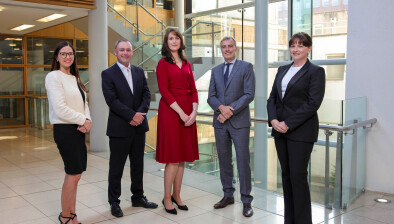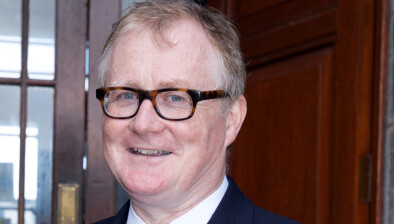Fewer cancelled court hearings following appointment of extra judges

An expansion of judicial numbers has reduced the number of court hearings cancelled due to a shortage of judicial resources, but the Courts Service is now facing a shortage of staff, according to a new report.
The Courts Service this morning published its annual report for 2024, which sets out information on cases which came before the courts last year as well as the impact of modernisation initiatives.
Writing in the foreword, Ms Justice Elizabeth Dunne, a judge of the Supreme Court and chair of the Courts Service board, said extra judges had led to “increased cases and/or reduced waiting/processing times”.
“However, the Courts Service board is aware, particularly in light of the feedback from the Healthy Place to Work survey, and from executive and judicial members directly, of the increased pressure placed on staff,” she added.
“The combination of new legislation, increased caseload, and extra judges as well as the ambitious modernisation programme of change is stretching the existing staff complement.
“The Courts Service board commends the resilience of the staff to manage the extra workload in the absence of sufficient staffing resources.”
Angela Denning, the Courts Service’s CEO, thanked the judiciary, justice sector partners, the government and court users for their support during the process of modernisation.
“In 2025, modernisation promises to bring more tangible benefits for the user and a courts system of which we can all be proud — and for that we will need your continued support,” she noted.
Significant achievements in 2024 include that 165 courtrooms are now equipped with video technology and 95 per cent of charge sheets are now processed electronically.
There were 390,158 new criminal matters presented to the courts in 2024, an increase of 6.3 per cent on the previous year. Some 356,045 cases were finalised, an increase of 5.2 per cent.
New civil cases across all courts totalled almost 184,000, having increased by 31 per cent over four years, while 148,120 were completed, 11,000 more than two years previously.










